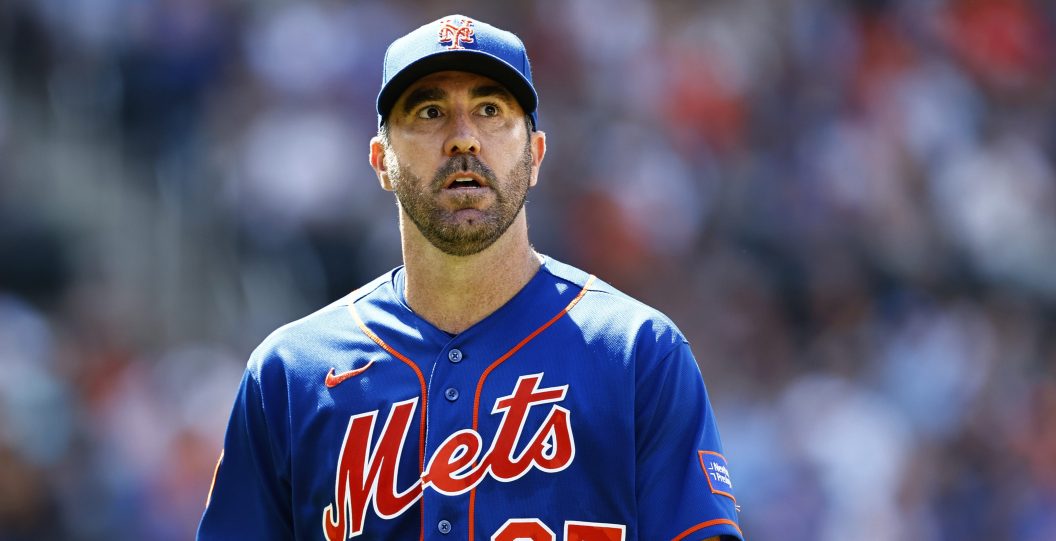Videos by FanBuzz
Two days after the New York Post published an article saying that an unnamed player on the New York Mets accused Justin Verlander of being a "diva," the pitcher posted a written response to the claim on X.
Verlander's post on X, formerly known as Twitter, was a classy response to what became a messy situation. After signing with the Mets on a two-year, $86.7 million contract in December, Verlander — a three-time Cy Young Award winner and future Hall of Famer — was traded to the Houston Astros at this year's MLB trade deadline on Aug. 1.
— Justin Verlander (@JustinVerlander) August 14, 2023
"I wanted to say that I have nothing but respect for the Mets organization and I enjyoed connecting with all of my teammates this season...new and old!" Verlander said in a statement. "That being said, we all know the success of a team is made up of more than just players on the field, everyone's input is valuable. I'm sorry to hear that a staff member took offense to constructive criticism on how we could improve."
On the surface, it's clear why the Mets decided to trade Verlander to Houston. The Mets were — and still are — having a mediocre season. They were 50-56 on the day they traded away both Verlander and Max Scherzer — the other three-time Cy Young Award winner on New York's opening day roster — and they're now 54-66 with little hope of turning their season around. So the Mets decided to depart with two expensive (and aging) stars in order to acquire young, upcoming talent.
Yet these recent claims against Verlander suggest that the Mets' struggles weren't solely on the field. According to the unnamed Met player who was quoted in the New York Post article, Verlander frequently criticized the Mets' analytics department for being inferior to that of the Houston Astros, where he played from 2017-2022 — and whom the Mets just traded him back to.
The unnamed Mets player also said that Verlander was "detached" from their teammates throughout the season, creating tension between him and Scherzer, who was known around New York's clubhouse for sharing valuable information and insights with younger Mets pitchers.
Despite whatever was going on behind closed doors, Verlander, 40, didn't let it affect his pitching. Prior to the trade, Verlander had a 3.15 ERA in 16 starts; and in July — his last month as a Met — he had a 1.69 ERA over 37?..." innings.
It's clear that trading Verlander was the right move for both sides. The Mets not only might have helped out their clubhouse, but they also added new and exciting prospects in return for him. For Verlander, he's back to pitching for a World Series-contending team with an excellent analytics department.
